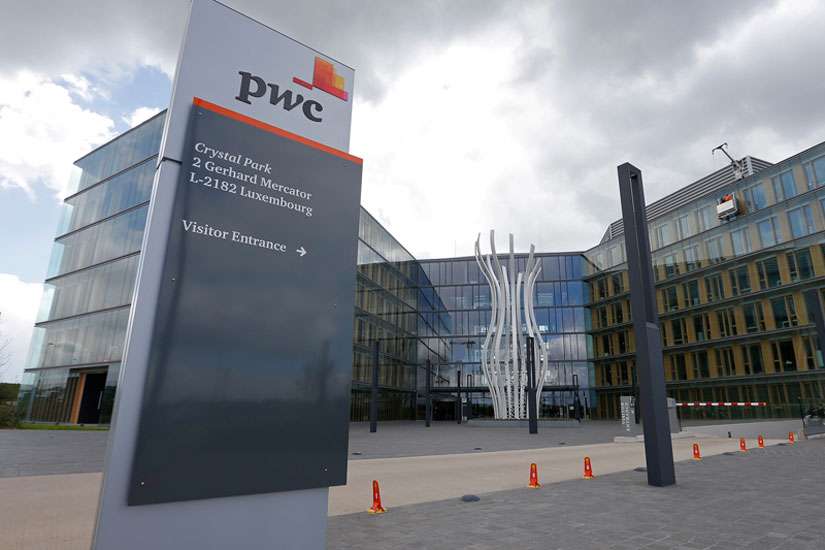The suspension in April of the external audit "was not due to considerations regarding the integrity or the quality of PwC's work, nor is it attributable to the desire of one or more entities of the Holy See to hinder reforms," the Vatican press office said in a communique June 10.
The external audit with PwC, which the Vatican's Council for the Economy had hired in December 2015, was interrupted because, according to Vatican laws, "the task of performing the financial statement audit is entrusted to the (the Vatican's own) office of the auditor general, as is normally the case for every sovereign state," the communique said.
Given that there is already an internal body responsible for the fiscal review of the Holy See and Vatican City State, "PwC will play an assisting role and will also be available to those dicasteries that wish to avail themselves of its support and consulting services," the Vatican press office said.
"It was deemed useful to suspend auditing activity to examine the meaning and scope of certain contract clauses, as well as to examine the manner in which the contract was executed" originally in 2015, it said.
Jesuit Father Federico Lombardi told reporters that the problems with the earlier agreement had been "addressed and resolved" together with PwC "in an atmosphere of serene collaboration."
The new agreement now encompasses "services of formation and of assistance in the wording of procedures" based on International Public Sector Accounting Standards, so that Vatican offices can "appreciate, learn and adapt the culture and the competency for implementing the reform," he said.
Revised administrative and accounting procedures are "presently under development" in the Vatican and are part of implementing the overall reform of Vatican finances and administration, the priest said.
The Council for the Economy still can determine whether there is a need for external auditing in addition to the work carried out by the Vatican's auditor general, Father Lombardi said.
The communique said, "The commitment to the economic-financial audit of the Holy See and of the State of Vatican City has been, and remains, a priority."


